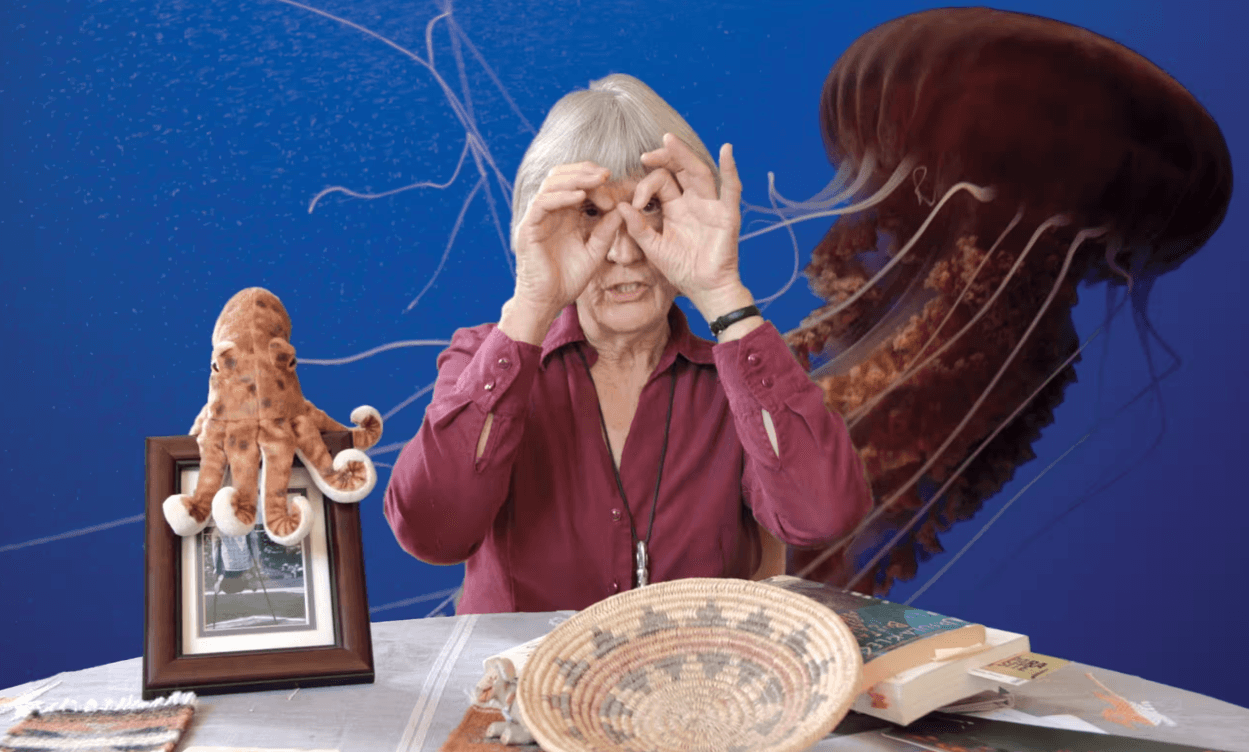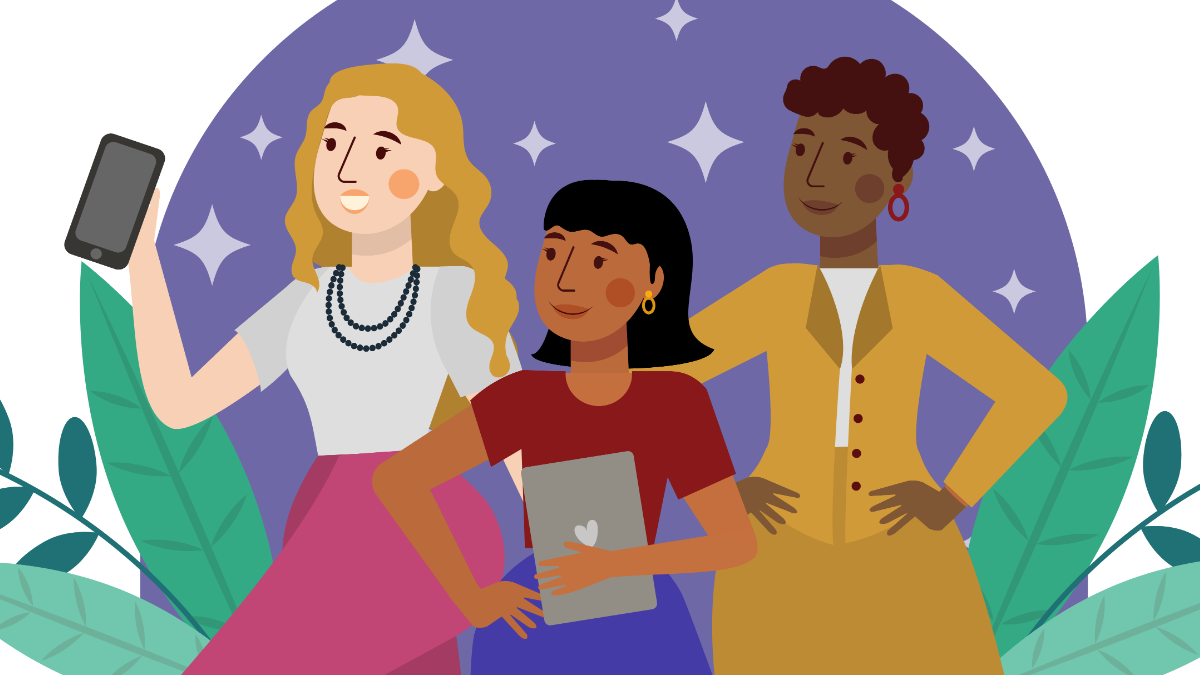Praxis – purposeful, deliberate action.
My confessions:
1. At a spiritual program, a guru who preaches self-consciousness and awareness kept justifying gendered segregation of labor on the basis of some natural order. He had evolutionary, scientific, religious, social, psychological and all other sorts of arguments in his armor. All equally superfluous, lacking in depth or rigor, baseless in terms of not being researched AT ALL. I was quiet. The same guru has justified lynching of hundreds of Dalits and Muslims.
I was desperate to speak up but then I looked around at a mass of hundreds of people – from all genders – who were convinced, nodding their heads and some even had tears in their eyes. I wanted to point out facts from books, academic articles (refer to the author’s note in the end), I wanted to quote entire volumes of research done by United Nations and its various agencies (not that I think the UN are the epitome of the ethical but they seem to add a legitimacy to the data I usually present). But I did not. I was quiet.
2. A professor, who was worked up about a term paper I had submitted – asked me how I could claim men and women had different outreach to public resources (ration shop food, medical insurance, health services). I wanted to pass the subject. I was quiet and replaced the content with exactly the kind of ‘objectivity’ he wanted. I had given due citations for all the arguments I had written about, but for him that was all ‘soft’ research (read – done by women). I was quiet.
3. Another professor, quite publicly in a seminar on feminist research to explore consumer behavior, said that neuroscience has proven without a doubt that men and women have different brains. Again I wanted to point out Angela Saini’s book, Inferior to show the lop-sidedness of the research done on proving differences between men and women. Moreover I wanted to say – Gender is a damned hoax! I wanted to explain to him how I wanted to ask him why some people have spent so much effort and money on proving that men and women are different? And why is sameness among human beings a subject of such insecurity for some? I had to be quiet.
4. At home, the subject of how ‘Muslims are essentially violent’ comes up every time I visit, along with a host of terrible, disgusting stereotypes – all on Muslims. I used to fight those at home – until I had to take several relentless berating monologues – in many of whom my otherwise loving family threatened to disown their radicalised child. I learnt how to be quiet. I came back home to friends. They were all quiet in their homes too. We sit together and scream into the night.
Do my parents know the implication of what they are chanting? Is this the new Hindu middle-class, sanskaari hipster?
5. My family from #4 above, go with me to another spiritual session like the one in #1. The guru (same as the guru in #1) is chanting “I am a mother to everyone. Repeat after me – I am the mother of the whole universe – my heart fills with eternal love and divine light”. I am baffled. #1 and #4 together do not make any sense whatsoever! I talk to myself – does this man know the implication of what he is saying? Do my parents know the implication of what they are chanting? Is this the new Hindu middle-class, sanskaari hipster? Hate Muslims, Dalits and homosexuals by day, meditate to guruji’s loving grace by night? Kill the others by day and pray to save the earth by night? I’d had enough of it – I walk out. But I still remain quiet.
6. In a course I am assisting, a man says that there are no rape cases being reported in Kashmir and in Manipur, because there are no rapes happening – women in these areas are making stuff up. I was boiling with rage. This time ironically, I laughed. Some claims are just insanely bizarre and one cannot help but pity the fools who utter them.
As a postmodern feminist, I learnt that discourses are meaning systems that pervade our everyday life. So for example, there are discourses about being a student and the unspoken rules in these discourses are what define my conduct. So I was quiet in #2 and #3 because I was adhering to those discourses – students are quiet, submissive and obedient. That is the discourse I was living out. Similarly when in #1 and #5 I am at a spiritual session, I am the obedient, patient and attentive follower of the guru. That is the discourse of being a spiritual seeker.
Postmodernism will tell us that we live suspended in these discourses and here is how I make sense of that. I am constantly worried about coming across as too threatening or bossy as a woman, too ignorant as a researcher, too selfish when I refuse to bear children. A dear friend of mine is worried about being too thin for a man, too Kashmiri to be part of India’s fabric, too Muslim to count as a first class citizen. While at home he has the reverse problem – he is too atheist to be a Muslim, too gender defying to be a boy, too argumentative to be a good son. So this is us living in the boundaries drawn for us. This is us living in our discourses.
Also read: The Confessions Of An Indian Queer ‘Chinki’
Now as long as we stick to these boundaries, these rules – all works well. But in the conversations where we speak up or take a stance, we are defying those discourses and enacting a different politics. Postmodernism terms that as the production of alternative discourses. So for all the times I was speaking out I was creating alternatives – possibilities for myself and others like myself.
In choosing not to marry, several lovely witty and wonderful women (feminist or otherwise) have given us the possibility to keep that option alive in our societies – to cite them as examples. In marrying inter-caste, or being part of same sex relationships, or interfaith relationships, some wonderful couples have given us daring but relatable alternative discourses. They have created space for others in society to partake in those alternative spaces. In refusing to judge people by their dietary habits, I have partaken in an alternative discourse.
Here is the thing about alternative discourses though; it is not like people not finding out about your story is a failure for your bold move. Each dominant discourse, is held together and perpetuated because of the lack of contests to it. So if you are the only ones in your respective families to marry outside caste and feel like you’re suffering the brunt of it, know that you brought an oppressive, dominant discourse to the trial.
Know that your speaking up has led to an alternative way of looking at things – if not for many, for you and your family at the least. And that the act of speaking your truth has shaken the foundations of how people around us believe society ought to be. In fact the purpose of postmodern research, we are taught at school, is the production of these alternative discourses in society. And by breaking the rules, by saying what is not being said in the room, we are pointing out, “Hey! Yours is not the only experience. Here’s mine.”
It was like systems were designed to erase the Brahmin’s guilt.
A large part of this is also to understand the patience and the placement that such activity requires. When I was a young feminist – I fought everywhere and felt suicidal everyday. I cried most days of the week and I was too invested in fixing others! However, with postmodernism I realized that there are many things we can do aside of just speaking to a wall (which is what these conversations feel like sometimes). We can produce alternative discourses, by talking in spaces other than ours, by writing, by participating in other social movements as allies and most importantly – by listening.
As a Brahmin woman I first heard this sentence uttered in a seminar on marital traditions among the Tribal populations in Gujarat “If you mean ‘divorce’ in the marriage Act sense, then no, these tribes don’t understand divorce in the Brahminical sense”. And I was shocked at my own ignorance. How bloody colonial was I? I genuinely never thought to engage with the society and culture of India’s tribes? And by calling them ‘the first people’ I was doing exactly what white supremacists do to Native Americans. I was one of the sanskaari hipsters (a term I use to ridicule others) of this casteist country.
And more importantly, how even our laws were completely ignorant to caste is a glaring social reality. It was like systems were designed to erase the Brahmin’s guilt – so they would not feel ‘uncomfortable’ taking up the social space of a Goliath. And could I not relate this to my experiences with toxic masculinity?
Also read: What Postmodern Feminism Taught Me About Power
It can feel depressing when we want to speak up but feel as though we might die with the pain of society’s judgment. But what I have learnt is to balance it out with laughter and more moments of joy with friends. I have learnt to look around for places and people who need allies and to start working for them. I have found love, hope and faith among queer spaces, feminist spaces, masculinity scholars. But I do not anymore look for a match in terms of politics – I look just for an ounce of love and compassion – because that is all I have too and I believe it is enough. So if you find me or I find you – I will latch on to that ounce. I believe we all need that ounce and we all need to be that ounce for those around us.
Author’s Note: Those who are curious, please read Inferior, by Angela Saini; Reversed Realities, by Naila Kabeer; Feminist rethink the neoliberal state, by Leela Fernandez, Resources Agency Achievements, By Naila Kabeer, and The social construction of target populations by Anne Schneider and Helen Ingram. You can also watch Your behaviour creates your gender by Judith Butler and read her book Gender Trouble.
Featured Image Source: Baltimore City Paper
About the author(s)
Mahadevi is a researcher in critical gender and policy studies and uses a postmodern feminist lens to look at issues of marginalisation and violence and how these structures are produced by everyday practices, norms, values and beliefs.





Hi, Mahadevi The article was beautiful written and so true to my situation. Right from the beginning #1 guru incident till last I feel it was me. We can make a difference with our thoughts where ever we are.